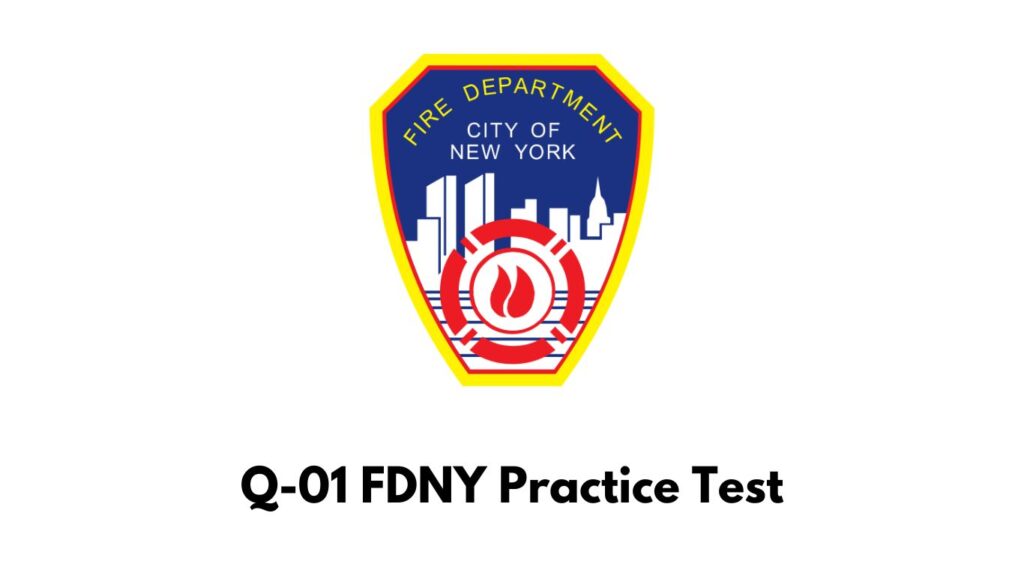Certificate Q01 FDNY Refrigerating system operating engineer RSOE, is a certificate issued by the FDNY in New York City. The purpose of the certificate is to enable the holder to operate and maintain refrigeration systems.

Many large buildings and businesses that have refrigeration systems require experts in the operation and maintenance of refrigeration systems.
to Q-01 fdny prep need to practice questions covers wide range of topics included Z-51 fdny topics, here will find what you wnat.
Let’s Get Started
Theoretical Knowledge (Z-51 Exam Topics):
- Compressors.
- Steam Turbines.
- Plant Operations.
- Fire Safety.
- Heat Exchangers.
- Refrigerants.
- Service Practices.
- Metering Devices.
- Pumps and Accessories.
- Electrical Components.
- Cooling Mediums.
- Mathematical Computations.
- Piping System.
- NYC Building and Fire Codes.
- Safety Precautions.
- Refrigerant Recovery and Recycling.
- Building Operation and Maintenance.
- NYC Building and Fire Codes.
- Safety Precautions.
- Refrigerant Recovery and Recycling.
- Building Operation and Maintenanc.
Information about Q01 FDNY exam
- Operations which includes, but is not limited to, questions on the following areas at a comprehension-level of learning:
Component Identification, Component Function, Gauge Reading, Temperature/Pressure Difference Calculations, and Use of Pressure/Temperature Charts and Conversions are the topics covered in this section.
Each component’s placements and functionalities must be understood by you.
2. Validation of Repairs/Maintenance: which comprises questions at the understanding level of learning pertaining to the following subjects, among others:
Normal maintenance and repair issues; b. Repair validation; c. Startup protocols
3. Refrigerant Handling: which includes, but is not limited to, questions on the following topics at a comprehension-level of learning:
A. Recuperated; B. Charged.
4. Troubleshooting/Diagnosis of Issues: This category covers questions pertaining to diagnosing and troubleshooting issues with system operations, but is not restricted to them. In order to answer the questions, you must evaluate the readings and determine whether reference material is needed.
5. Questions with many steps
a. Although there are several subquestions in these questions, they don’t get as complex as a scenario.
b. They cover topics covered in all of the aforementioned categories and are a blend of comprehension- and application-level learning.
Each system has a single multi-step question. There can be no more than six follow-up questions for a multi-step query.
6. Situations
a. These questions are at an application-level of learning and will, by their cumulative nature, incorporate aspects of the question/scenario that connect to the other categories
b. For instance, the reciprocating unit’s end-to-end recovery process would go under this category, but one inquiry about understanding that process would fall under the troubleshooting area.
